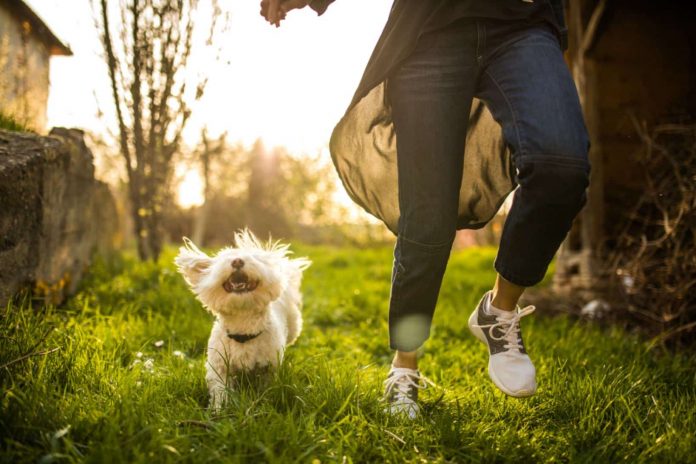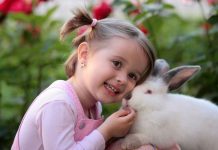Keep your pets at home happy, healthy and protected using these simple Vastu tips.
The traditional Vastu view on keeping pets at home is rather detached, viewing them as best left outdoors. If that leaves an animal lover feeling miffed; it is relieving to know that the Vastu Shastras were written in a different day and age—when animals and humans shared a more transactional relationship, not an emotional bond, in an agrarian age. The exception to the rule was that almost every Hindu deity was escorted by a vahana or a vehicle: Ganesha propped himself on a tiny mouse, Saraswati flew around on a swan, and Shiva domesticated a furious bull. In the land of the holy cow, we may have not been comfortable with keeping an animal indoors, but we certainly did revere them as divine messengers.
Delhi-based Vastukar Shilpa Khurana says that the modern Indian can adopt a vahana of their choice, and keep them indoors too. She offers you a few Vastu tips if you have pets at home.
Vastu-Compliant Pets
Vastu recommends caring for pets such as dogs, tropical fish, parrots and lovebirds, or even turtles, but it does not view cats and doves in the same light, which means that if you do choose these species as pets, they are best restricted to an amorphous space like a balcony or verandah.
Adopt or buy?
Vastu will side the animal activists here, stating that you are only allowed to raise a rescue animal. Buying a pet carries the karma of prematurely separating an infant from its mother, which is cruel as per Vastu.
Birdcages are a Vastu Defect
Vastu is strictly against caging birds as they symbolise the very opposite of freedom and autonomy. This may require some thought, but your local animal shelter can offer you many alternatives on how to build an indoor aviary or bird perch, as an ethical alternative to caging. In bad times, place a bird bath and an earthenware bowl in the south-east facing windowsill or balcony, and keep replenishing it with seeds and water, to watch your luck change.
Dog Bed Placements
The ideal placement for a protective, territorial and disciplined large dog’s kennel is always at the front door, if you live in an independent, standalone bungalow or villa.
If you’re raising a smaller species in an apartment set-up, keep your dog’s bed in the east, north, east-of-north-east (ENE), or north west direction to keep them remain happy, healthy and well-behaved. If you feel your newly-adopted puppy is too scared or introverted, place his pen in the north west.
Never place your pet’s bed in the north east as it will result in every family member feeling lethargic. South west and south east directions should not be used to place your pet’s beds as they are known to make the animal feel skittish and restless. Your pet may experience recurring health ailments if their bed is located in the south-of-south-east (SSE).
Black Dogs
In the Mahabharata, a black dog befriended the warrior Yudhishtir and so, Vastu considers a black dog as a trusted friend who stick with you through your hardest times in life. Vedic astrology recommends fostering a black stray dog, or at least feeding a black stray often, if you face a griha dosha (affliction) in Shani (Saturn), Rahu or Ketu (north and south nodes on the moon).
Auspicious Aquariums
Tropical fishkeeping is both a Vastu remedy and Feng Shui fixation.
Turtle Terrariums
In Feng Shui, turtles represent wisdom, longevity and resilience. In Hinduism, the tortoise represents the second avatar of Vishnu. Placing a terrarium or turtle pond in the north will attract wealth, as these reptiles are considered heralds of prosperity.
Farm Animals
In a farmhouse, cow sheds are best built in the east or north west. In a very theoretical sense, raising a cow offered pastoral Hindus a sense of self-sustenance: milk is consumed as a food substitute, its dung was preserved as a biofuel, which is why Hindus affectionately call a cow as mata or mother.
Like many other world mythologies, even maharajas in India bred horses to nurture a sense of nobility, pedigree and ambition. Horse ranches and stables must always be positioned in the west or north-west, as it is said to activate an individual’s horsepower.


























